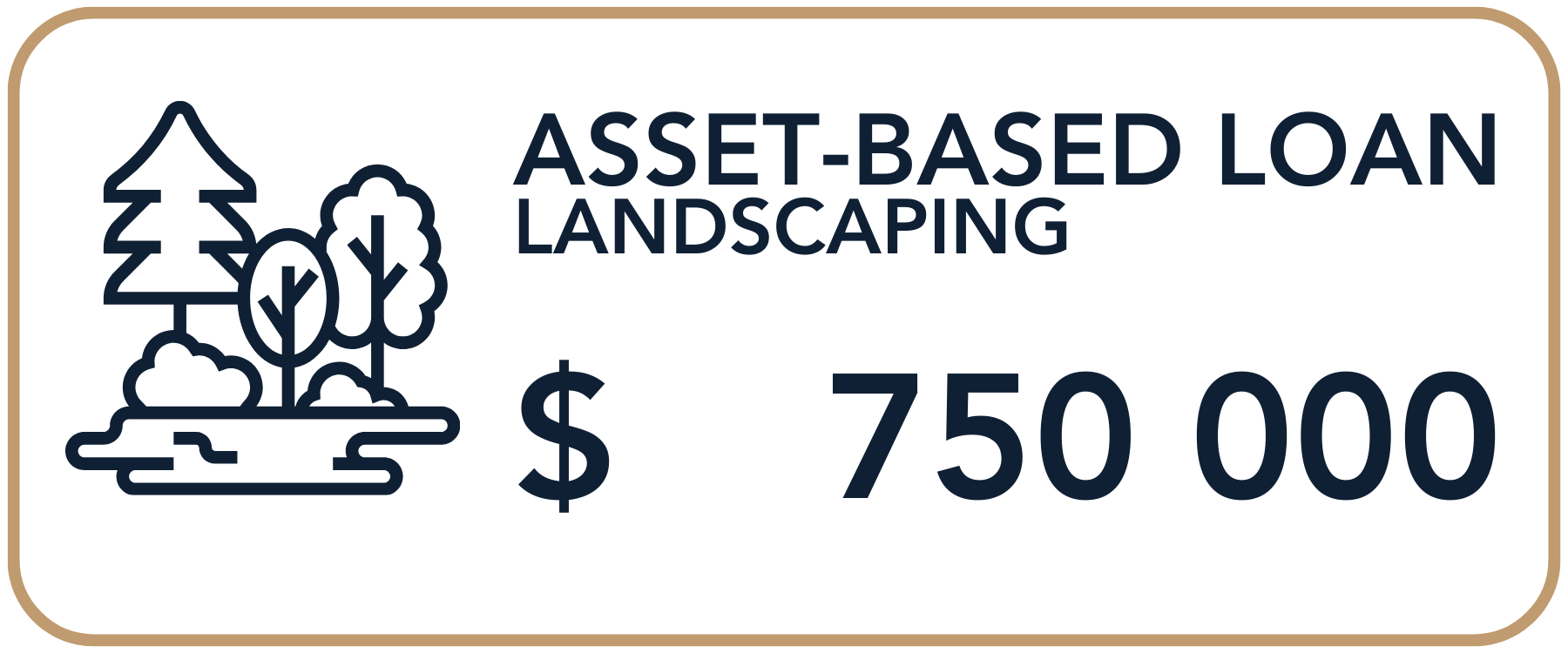When you’re ready to acquire a new commercial real estate property, expand your facilities, or renovate your current space, choosing how to fund the project is a crucial decision. Some companies may have the capital on hand, while others may need to seek external financing. But even those with sufficient liquidity often benefit from using financing options that offer flexibility, tax advantages, and capital preservation.
According to Fred Paatz, CEO at Express Business Funding, “Finance solutions are not only for those who lack capital. They’re smart business tools. Any company looking to expand its asset portfolio should consider financing first—it’s simply a strategic way to grow.”
In this article, we compare two key types of business financing solutions available to Canadian business owners: Real Estate Finance and Asset-Based Lending (ABL).
Knowing the differences can help you make a smart choice. This choice should fit your business needs, growth goals, and resources.
Key Takeaways
- Real Estate Finance is ideal for businesses looking to develop, expand, or acquire property without existing assets to secure the loan.
- Asset-Based Lending (ABL) provides faster access to capital by leveraging existing assets like property or equipment, often with better rates and terms.
- Financing allows you to preserve capital, gain tax advantages, and improve cash flow management, making it a strategic growth tool.
- Businesses with liquidity but growth plans should still consider financing as a way to maximize ROI and maintain operational flexibility.
- Your decision should align with your asset base, growth objectives, and desired speed of funding—ABL is typically quicker, while real estate finance suits longer-term development.
- Working with a trusted Canadian lender ensures transparent terms and solutions tailored to SMEs’ needs.
What Is Real Estate Finance?
Real estate finance includes a variety of loan products used to fund the acquisition, construction, or improvement of commercial real estate when the borrower does not yet have assets available as collateral. These solutions are typically unsecured or structured based on the future value of the completed project.
Common Types of Real Estate Finance:
- Construction Loans: Ideal for companies that need capital to construct new buildings or complete major renovations. These short-term financing options cover labor, materials, and project costs, and typically convert into a permanent mortgage upon completion.
- Commercial Real Estate Lines of Credit: These flexible credit facilities give businesses access to capital for ongoing real estate needs, such as improvements or unexpected costs. You can draw funds as needed and repay based on cash flow.
- Commercial Real Estate Investment Loans: Tailored for companies or investors acquiring income-producing properties like office spaces, retail units, or apartment complexes. These loans may require higher down payments and have different underwriting standards.
Real estate finance allows you to pursue real estate acquisitions without tying up cash, giving you the flexibility to fund other business growth initiatives while building long-term value.
What Is Asset-Based Lending?
Asset-based lending provides businesses with capital using existing assets as collateral. These asset-backed loans use tangible assets—like equipment, property, or inventory—to secure the loan, making them ideal for companies with strong balance sheets.
Unlike real estate finance, ABL is rooted in your current asset value rather than projected returns. It can offer faster approvals and better terms if you have established assets.
Common Types of Asset-Based Loans:
- Commercial Mortgages: These long-term business loans are secured against existing commercial real estate properties and offer fixed or variable loan terms ranging from 5 to 25 years.
- Bridge Loans: Used to “bridge” the time between selling an old property and buying a new one, or while awaiting long-term financing. These short-term financing options provide quick access to capital.
- Mezzanine Financing: A hybrid of debt and equity, mezzanine loans offer additional funding to support large projects. Positioned between primary debt and equity, they often carry higher interest rates but can unlock capital when other options are unavailable.
“ABL is an incredibly valuable tool—but only when used wisely,” says Paatz. “Shop around and compare terms. Unfortunately, some providers use ‘alternative finance’ as a way to impose high interest rates or restrictive conditions. Choose a team you can trust.”
Should You Finance or Buy Outright?
Whether to finance or purchase your business property outright depends on your long-term strategy, current capital position, and desire for liquidity.
Benefits of Financing:
Benefits of Buying Outright:
- No Interest Costs: Eliminate borrowing costs and potentially save over the long term.
- Full Ownership: You have complete control to renovate, lease, or sell at your discretion.
- Exit Flexibility: Without a loan, you’re free to explore exit strategies without lender restrictions.
Real Estate Finance vs Asset-Based Lending: Which Is Right for You?
Choosing between real estate finance and asset-based lending depends on your current asset base, future goals, and how quickly you need capital.
Real Estate Finance: Best for businesses starting a new project without assets, access to capital and based on project scope.
Asset-Based Lending: Best for companies with existing assets. Has faster approvals and lower rates due to collateral.
If your company owns equipment or property, ABL can unlock liquidity for business expansion. On the other hand, if you’re developing a new site or lack sufficient assets, real estate finance is a smart solution for achieving long-term growth.
Explore Smart Financing with Express Business Funding
At Express Business Funding, we help Canadian SMEs navigate complex financing decisions with clarity and confidence. Our team delivers tailored financing solutions to support your growth.
We also offer:
Ready to explore your financing options? Speak with our experts to determine the best solution for your real estate needs and business goals.
Real Estate Finance vs Asset-Based Lending FAQs:
What is the difference between real estate finance and asset-based lending?
Real estate finance uses property as collateral, while asset-based lending can use inventory, equipment, or receivables.
Which is better for SMEs in Canada?
SMEs with significant assets but cash flow issues often prefer asset-based lending for flexibility.
Can real estate finance and asset-based lending be combined?
Yes, businesses can structure financing that leverages both real estate and operational assets.































